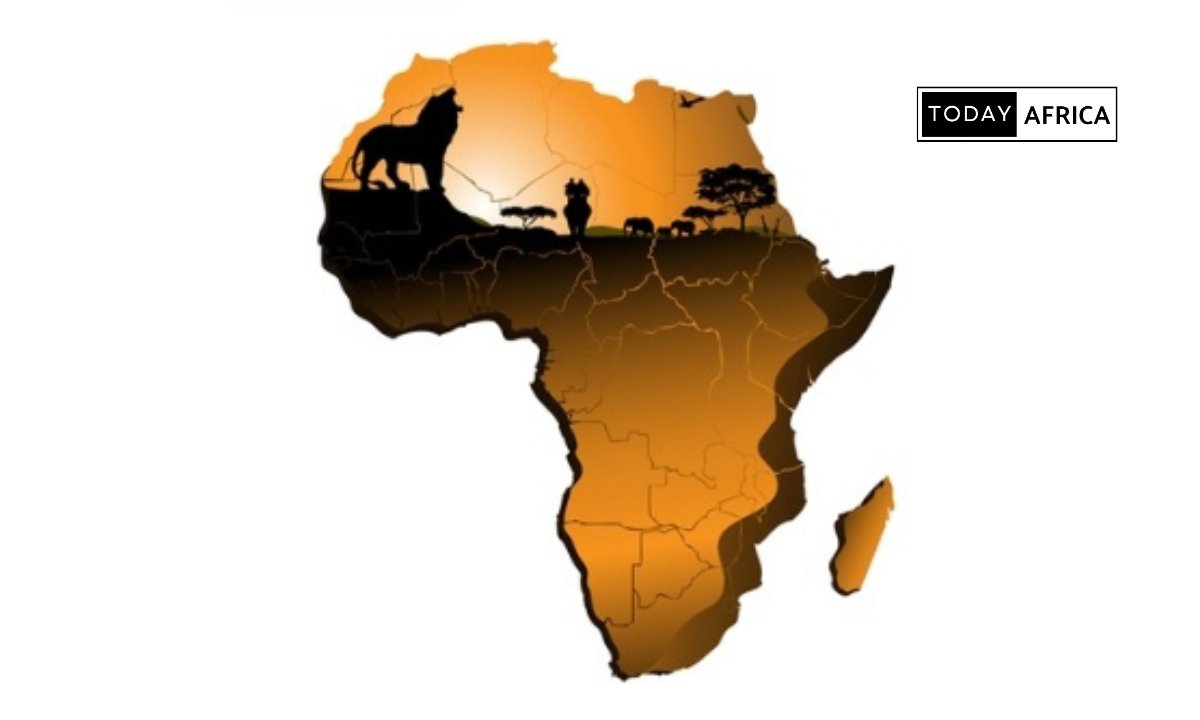Nigeria signed the Designation and Protection of Critical National Information Infrastructure Order (CNII) in June 2024, and after one year, Nigeria’s telecom protection law failed to stop fibre cuts, which classifies telecom infrastructure as critical national assets and makes their protection a matter of national security.
However, one year on, Nigeria is seeing record levels of fibre cuts and network disruptions, raising questions about the policy’s implementation.
Between January and June 2025, Nigeria recorded 349 major network outages—an average of two per day, according to Uptime, a network monitoring website launched by the Nigerian Communications Commission (NCC). May alone witnessed 75 disruptions, the highest in any single month so far this year.
In the first 12 days of June, there were 19 more outages, with 11 caused by fibre cuts, seven by power failures, and one due to equipment vandalism.
These outages have affected states across the country, including Borno, Kaduna, Abia, Akwa Ibom, Imo, Rivers, Anambra, and Lagos, and have disrupted essential services such as USSD banking, voice calls, and internet connectivity.
Industry frustration mounts
Gbenga Adebayo, Chairman of the Association of Licensed Telecommunication Operators of Nigeria (ALTON), acknowledged the delay in implementing the CNII framework. “I must admit we have been too slow in getting the operationalisation of the CNII Order off the ground,” he said. “This is due to the back-and-forth between stakeholders. But we want the results to be sustainable and last for a long time.”
That delay is proving costly.
In Lagos alone, telcos lost an estimated ₦5 billion ($10.8 million) in 2024 due to more than 2,500 fibre cuts. MTN Nigeria spent ₦11.1 billion ($24.1 million) between 2022 and 2023 to repair and relocate over 2,500 kilometres of fibre-optic cables, resources that could have gone into expanding network infrastructure in underserved regions.
The telecom industry lost an estimated ₦27 billion ($58.6 million) to fibre-related damages in 2023.
These losses go beyond financial metrics. Every fibre cut delays services to banks, hospitals, government offices, and businesses. In June 2025, a Glo fibre cut in Abia and Rivers states left subscribers without USSD, SMS, voice, or data services for nearly an hour.
Airtel faced a similar challenge in Anambra and Imo, with over an hour of disruption. These outages have far-reaching economic consequences, undermining confidence in digital services and stalling digital transactions.
Read Also: Moove eyes unicorn status with planned $300 million raise
Wider economic risks
For businesses dependent on cloud computing, digital payments, and remote work, these network failures are a direct threat to revenue and productivity.
In the final week of May 2025, fibre cuts in Kebbi, Sokoto, Zamfara, and Yobe brought business operations to a standstill. Residents couldn’t access basic telecom services, banks struggled with failed USSD transactions, and healthcare providers were locked out of telemedicine platforms.
Recognising the economic risks, some states are taking steps to support telecom operators.
“It’s part of why we eliminated Right of Way (RoW) fees,” said Suleiman Isah, Commissioner for Communication Technology and Digital Economy in Niger State. “We’ve also partnered with the NCC and telecom providers to coordinate with the Ministry of Works and Water Resources, so there’s advance notice before any construction that could impact fibre routes.”
Niger is one of 12 states that have waived RoW charges to accelerate fibre deployment. But fibre cuts continue to rise. On May 8, 2025, a Globacom fibre line running through Kebbi, Niger, and Sokoto was severed by road contractors from China Civil Engineering Construction Corporation (CCECC), knocking out internet access in several communities for nearly three hours.
Another incident in Niger State on June 10 disrupted SMS, voice, and data services across eight communities and took more than two hours to fix.
Repair times vary widely—from 30 minutes to several hours or days—depending on the terrain, accessibility, and the state of supporting infrastructure like roads or drainage systems. Each hour lost chips away at economic activity, customer trust, and Nigeria’s broader digital transformation goals.
Promises of progress
The CNII Order was designed to make the willful damage of telecom infrastructure a serious criminal offense, with penalties of up to 10 years imprisonment. It also called for minimum protection standards, coordinated information sharing, and enforcement led by the Office of the National Security Adviser (ONSA) and the Nigeria Security and Civil Defence Corps (NSCDC). These measures have yet to yield tangible improvements.
Adebayo said stakeholders—including ALTON, the NCC, the Ministry of Communications, Innovation and Digital Economy, ONSA, and NSCDC—have now reached consensus on the best approach for implementation.
The NCC recently signed a memorandum of understanding with the Ministry of Works to protect fibre infrastructure during road construction. “You will soon start seeing the implementation of what we have been working on,” Adebayo said.
Comment and follow us on social media for more tips:
- Facebook: Today Africa
- Instagram: Today Africa
- Twitter: Today Africa
- LinkedIn: Today Africa
- YouTube: Today Africa Studio
















